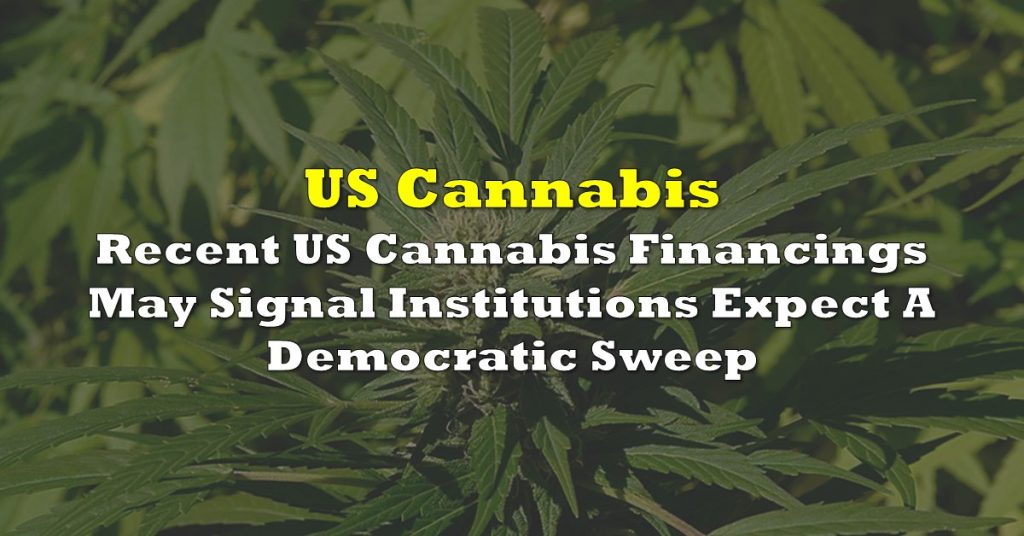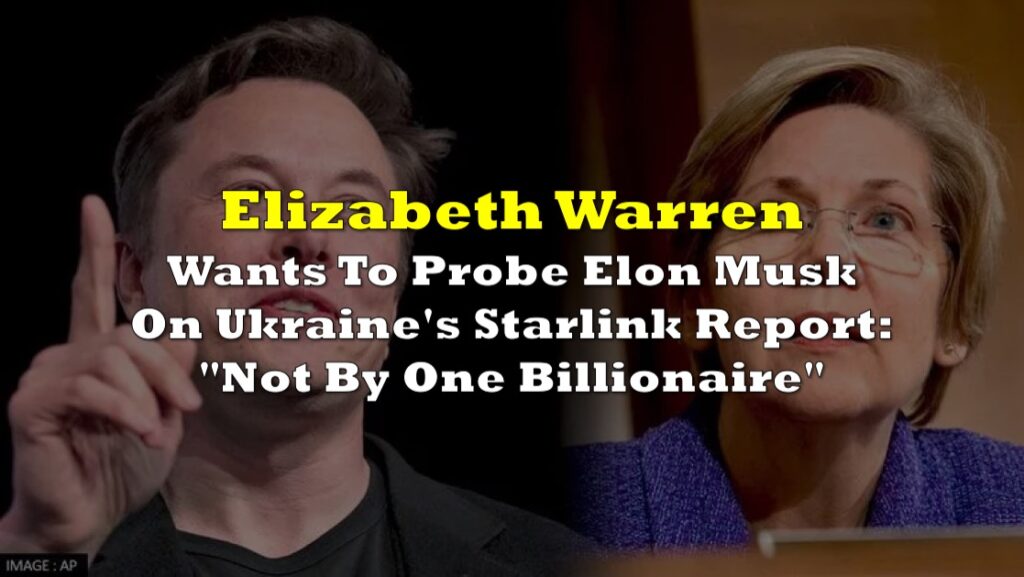Meta Platforms (NASDAQ: FB) has made temporary changes to its hate speech policy, allowing Facebook and Instagram users in certain countries to incite violence against Russians and Russian soldiers, as well as allow posts praising Ukraine’s infamous Neo-Nazi group.
In a shocking move, Meta Platforms will now allow certain posts on Facebook and Instagram inciting violence against Russians and the Russian military, as well as calling for the death of President Vladimir Putin and Belarusian President Alexander Lukashenko. According to internal emails seen by Reuters, the temporary amendment will apply to social media users in Russia, Ukraine, Poland, Romania, Slovakia, Estonia, Latvia, and Lithuania.
However, the most shocking part of the emails show that Meta will allow praise of ultra-nationalist group Azov battalion— a de facto neo-Nazi group that is part of Ukraine’s armed forces. The far-right Azov Regiment is a volunteer infantry military unit part the National Guard of Ukraine, and has previously been accused of holding neo-Nazi and white supremacist ideology. The group has been cited by Putin as one of the main reasons behind his military operation in Ukraine, which aims to “de-militarise and de-Nazify Ukraine.”
The 900 person-strong battalion first formed in 2014, consisting of members from the neo-Nazi Social National Assembly group and the ultra-nationalist Patriot of Ukraine gang. The groups harboured neo-Nazi and xenophobic views, being previously accused of attacking migrants, minority groups, and members of the LGBTQ community. The group was at the forefront of fighting against pro-Russian Donetsk separatists, whom received sovereign recognition from Putin just prior to the launch of Russia’s military operation in Ukraine.
In 2015, Canada and the US announced their respective forces would not engage in military exercises with, or support Azov due to its neo-Nazi roots. However, the US ban was soon removed a year later, as per the Pentagon’s request. In 2019, Congress Representative Max Rose penned a letter to the US State Department calling on Azov to be labelled as a “foreign terrorist organization” (FTO), which deemed unsuccessful.
Violent white supremacist groups meet all of the @StateDept criteria for inclusion on the list of Foreign Terrorist Organizations, but for some reason they refuse to label these groups as terrorists that they are, hampering law enforcement's ability to keep us safe. pic.twitter.com/1PTeXrq0Du
— Archived: Rep. Max Rose (@RepMaxRose) October 16, 2019
In 2016, the United Nations Office of the High Commissioner for Human Rights accused the Azov battalion of violating international humanitarian law, by allegedly displacing civilians and looting their properties, and then stationing forces and weapons in the looted buildings. The report also alleged the group tortured and raped prisoners in the Donbass region.
In response, Facebook in 2016 labelled Azov as a “dangerous organization,” subsequently banning the group from the platform altogether in 2019, as per its Dangerous Individuals and Organizations policy. The social media site gave the battalion a Tier 1 designation, which is comprised of groups including the Ku Klux Klan and ISIL (ISIS).
However, Facebook quickly reversed Azov’s Tier 1 designation on February 24, the day Putin began his military operation in Ukraine. Meta is, “for the time being, making a narrow exception for praise of the Azov Regiment strictly in the context of defending Ukraine, or in their role as part of the Ukraine National Guard,” Meta spokesperson Joe Osborne previously told Business Insider.
Last week, Russia banned various social media and news sites including Facebook and Twitter, in an effort to limit the stream of pro-Western information into the country. The move was in retaliation to the social media platforms blocking Russian-owned RT News and Sputnik, as part of recently imposed content restrictions surrounding the conflict inn Ukraine.
In response to the move by Meta, Russian prosecutors has sought to have declared the firm as being “extremist,” while also demanding that access to Instagram, a platform owned by Meta, be restricted.
RUSSIAN INVESTIGATIVE COMMITTEE OPENS CASE IN CONNECTION WITH META'S ACTIONS -TASS$FB
— *Walter Bloomberg (@DeItaone) March 11, 2022
Information for this briefing was found via the sources mentioned. The author has no securities or affiliations related to this organization. Not a recommendation to buy or sell. Always do additional research and consult a professional before purchasing a security. The author holds no licenses.









